Click on title to go to comments section to read story.
Articles from BBC internet service.
Posts and Comments from Readers
Please include yourself in the discussion. Post a comment.
Sunday, October 28, 2007
EU REFORM TREATY: ONE WORLD GOVERNANCE TAKEN A STEP CLOSER
Labels:
foreign press,
global,
GLOBAL MENTAL HEALTH,
sovereignty,
WORLD NEWS
Subscribe to:
Post Comments (Atom)












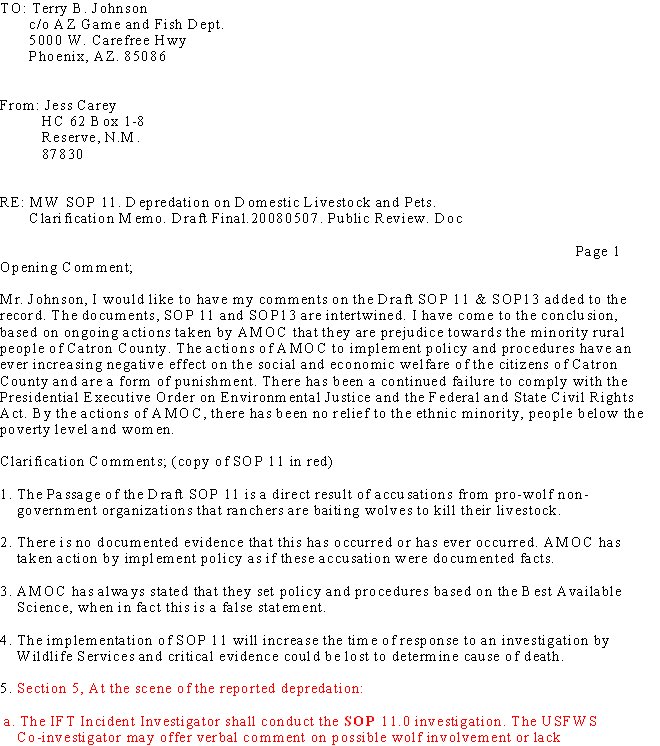
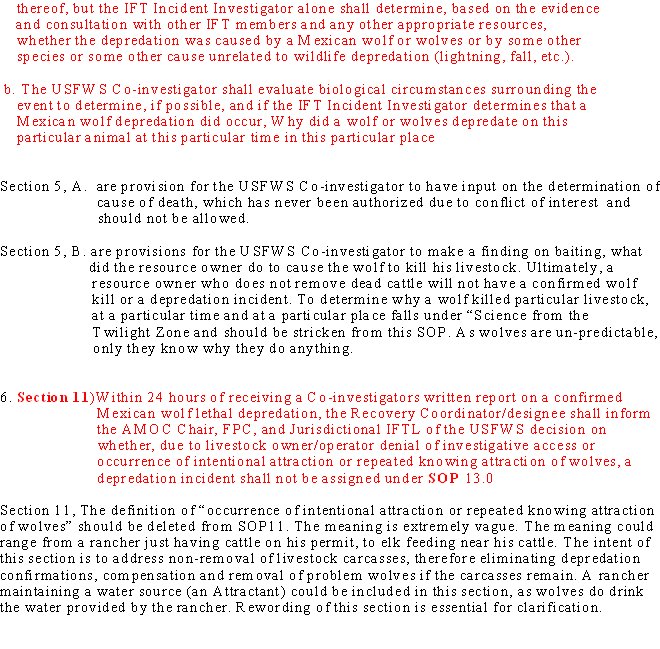
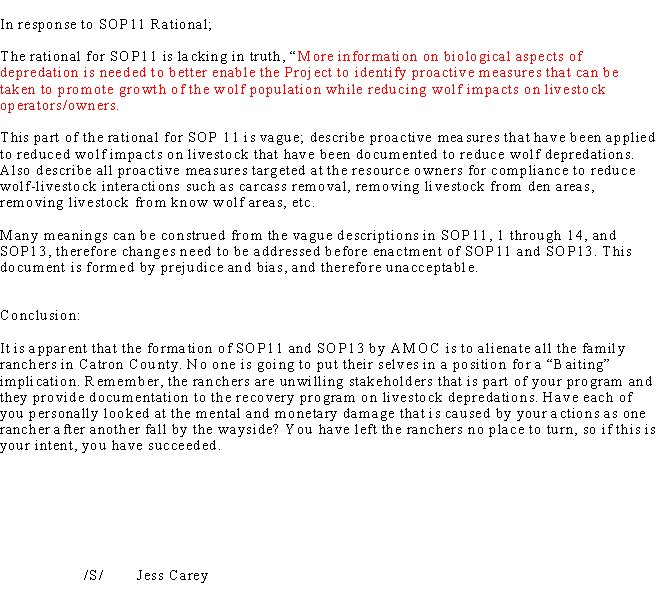

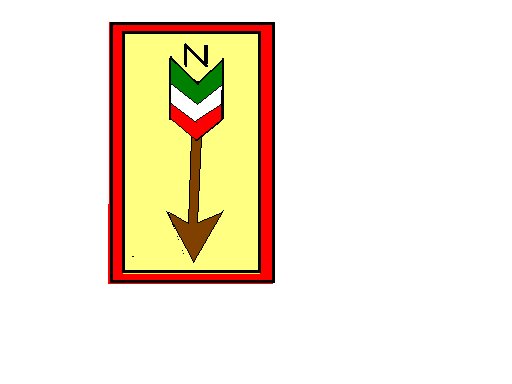


.jpg)


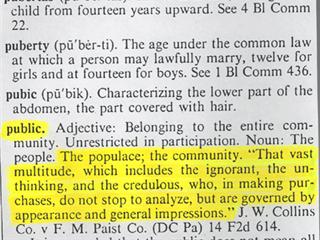









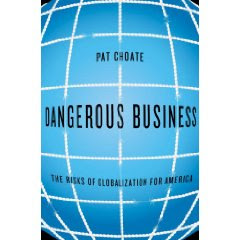





1 comment:
For and against the new EU treaty
Two years after the European Union constitution was rejected by French and Dutch voters, a replacement treaty has now been negotiated.
Originally called the Reform Treaty, it has now been re-named the Lisbon Treaty.
Here Ruth Lea, director of the Global Vision think tank, and Charles Grant, director, of the Centre for European Reform go head to head.
RUTH LEA - GLOBAL VISION
It is now clear that Reform Treaty is in all but name the Constitutional Treaty. It is a treaty of supreme significance.
When the new treaty is enforced, assuming that it will be, the EU will have all the powers to complete a true European political and economic union. And the road to European integration, which started back in the early 1950s with the European Coal and Steel Community, will be all but complete.
It cannot be emphasised too strongly that, however significant the previous EU treaties were, the Reform Treaty is unique. Once enforced, there will quite simply be no more significant powers left solely with the governments of the member states, and outside the orbit of the EU's formal institutions.
For the UK... increasing political and economic integration can only be to its disadvantage
Of course, member states may still pursue their individual foreign and defence policies, for example, but their activities will be increasingly circumscribed by the EU and their national sovereignty diminished.
And is the Reform Treaty good for Europe, on the one hand, or good for the UK, on the other? Concerning the other EU member states, it is for them to make their choice. If European integration is their ambition, then the treaty is right for them.
But for the UK, with its unique global links and lack of sympathy with the highly regulated and protectionist EU model, increasing political and economic integration can only be to its disadvantage in the rapidly changing world of the 21st Century.
CHARLES GRANT - CENTRE FOR EUROPEAN REFORM
The Reform Treaty is good for both Europe and Britain, in three ways.
First, if the treaty had been blocked, Europe's governments would have had to spend longer discussing treaties and institutions, instead of real issues in the real world. But with the treaty out of the way, Europe's leaders will be free to focus on big challenges like energy security, international terrorism, climate change, illegal immigration, Russian authoritarianism and the Middle East.
A middle-sized country like Britain cannot tackle such issues alone. It needs to co-operate with partners that share similar interests, and the EU provides a suitable forum.
The external representation of the EU is currently a mess
Second, the Reform Treaty allows the EU to keep open the possibility of taking in more members. Without the new treaty, many governments would have blocked further enlargement, on the grounds that the EU will become incapable of effective decision-making if it goes on expanding without strengthening its institutions. Britain has rightly championed enlargement, as a means of spreading democracy, security and prosperity across the continent.
Third, the external representation of the EU is currently a mess. The country with the rotating presidency, the commissioner for external relations, and the 'High Representative' (currently Javier Solana) each tries to represent the EU, leading to confusion and mixed messages.
The Reform Treaty establishes a new system: a single High Representative will speak for the EU to the outside world. But decisions in foreign policy (as with defence policy, taxation and the EU budget) will still require unanimity, which means that Britain - or another country - can block any policy it dislikes.
http://news.bbc.co.uk/2/hi/europe/6914468.stm
EU pins skills hopes on 'blue card'
By Alix Kroeger
BBC News, Brussels
There have been demonstrations in France over migrants' rights
The European Commission is hoping a new scheme will make it easier for skilled workers from outside the EU to get jobs in Europe.
Unemployment in many EU countries is high (10% in Belgium, 15% in Poland), but at the same time, many businesses are having trouble recruiting the skilled workers they need.
Like the American green card, the EU "blue card" will operate on a points system for skills and languages, with some weight given to family ties.
An engineer who speaks English and French, and who has family in France, would have a better chance of getting a permit than an unskilled labourer who speaks only a little English and has no family in the EU.
The areas worst affected by skills shortages are engineering, information technology, pharmaceuticals, healthcare, and education, according to the European Commission.
We're doing this because there are no clear national channels for legal migration to the EU, unlike the US, Canada and Australia
EU official
EU 'blue card' to tempt skilled
Send us your views
Belgium, Estonia, Germany, Ireland and Sweden are among the countries reporting shortages.
The EU's population is ageing. Many of the immigrants to the EU come in on humanitarian grounds, such as asylum or family reunification.
As a result, the EU's new arrivals do not necessarily have the skills the labour market needs.
At the moment, 50% of skilled migrants worldwide go to the US. Only 5% go to Europe.
The idea of the blue card is to create a channel of legal migration, making Europe more attractive, and more welcoming, to migrants with sought-after skills.
The Commission's proposal will enter the EU's legislative labyrinth later this year.
It is likely to be two years or more before it is adopted in whatever final form it takes.
"We're doing this because there are no clear national channels for legal migration to the EU, unlike the US, Canada and Australia," an EU official told the BBC.
Crucially, the blue card will be attached to the individual, not to the job, the official said.
At the moment, employers have to seek work permits for non-EU nationals.
Rules vary from country to country, but usually the employer has to prove that no EU citizen is available to fill the job.
And if the permit-holder wants to move to another job, his or her new employer has to apply for a new permit.
It is a cumbersome system for businesses, but one which reflects public anxiety about greater immigration at a time when many EU countries are struggling with high unemployment.
Skills shortage
In Belgium, for example, the four parties negotiating the formation of a new government agree on little except the need to tighten the rules on immigration.
"It will be more difficult to obtain Belgian citizenship," says Ivo Belet, an MEP for the Flemish Christian Democrats, which emerged with the most seats from elections in June.
"Measures will be taken to fight illegal immigration," he explains. "That's what the population has been asking for."
But the tighter rules will not apply to skilled workers, he cautions, adding that Belgium is looking at creating a blue card of its own.
For employers in sectors such as engineering, the blue card scheme is long overdue.
The dredging company Jan De Nul, based in the Belgian town of Aalst, works all over the world, from Russia to Mexico.
Its ships dredged much of the port of Dubai, helping to create the distinctive Palm Island on the waterfront.
It has ships on order to the tune of 1.25bn euros (£872m) over the next two years: investment needed for it to complete the contracts on its books.
PROPOSED 'BLUE CARD'
Points system for skills and languages
Attached to individual, rather than job
Residence permit and work permit in one
Britain, Ireland and Denmark likely to opt out
Except it cannot get the staff it needs.
It has hundreds of vacancies, including more than 560 for naval officers alone.
This year, 208 students will complete their final year at naval college in Belgium.
It employs some workers from outside the EU, when it can.
The company welcomes the idea of the blue card, as long as it follows the American or Australian model.
"We absolutely need a Russian engineer," says Managing Director Jan Pieter De Nul.
"I found one. He studied here in Belgium. He was perfectly integrated; he spoke Flemish. I wasn't able to get papers for him."
So what happened? "He left."
Britain, Ireland and Denmark are all likely to opt out of the blue card scheme.
The other 24 EU member states would set allocations of how many skilled workers they need in certain sectors.
Card-holders would have to work in the member state which issued the card for a set period, probably two years, according to the EU official.
After that, they would be free to seek work elsewhere.
The blue card would function as a residence permit and work permit in one.
But it would be up to the member states to enforce the departure of workers once their permits had expired.
The EU has been tussling with the idea of a strategy on legal migration since 1999.
But sensitivities are acute, and migrants to Europe face different hurdles than in America.
For one thing, there is only one official language in the United States. In the European Union, there are at least 23.
"It will not be an easy discussion," the EU official admits.
http://news.bbc.co.uk/2/hi/europe/7057730.stm
Post a Comment